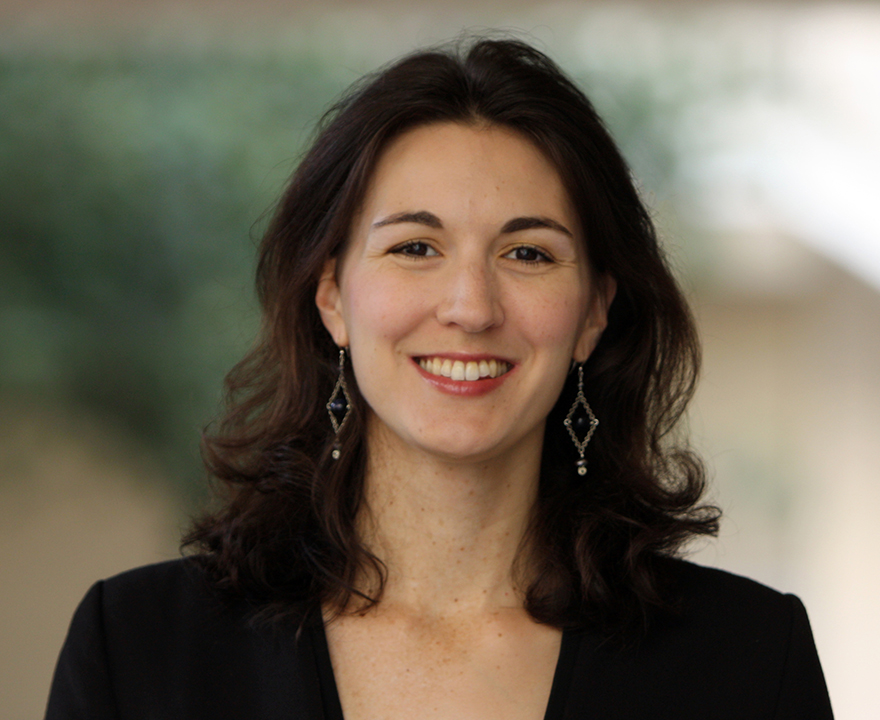Increasing gender awareness at NATO

Increasing gender awareness at NATO
- May 20, 2016
- Poli sci professor Heidi Hardt is co-leading the international effort
-----
When the United Nations Security Council passed Resolution 1325 in October of 2000, its aim was integration of women into every phase of conflict resolution while also combatting gender-based violence. Although the resolution’s passing was a watershed moment, says UCI political science assistant professor Heidi Hardt, more action is needed to address women’s underrepresentation in international conflict prevention, management and resolution efforts.
“Integrating women into these processes matters,” she says. “Scholars have shown that women’s participation can increase the probability that peace agreements last. A growing body of research finds that women’s security affects states’ security.”
Despite this evidence, many international organizations have not completed the implementation of 1325, and data collection remains uneven and participation is only partially monitored.
Working with an international team of academic, military and policy research leaders, Hardt and her collaborators have a plan. NATO’s Emerging Security Challenges Division has awarded the team more than $210,000 through their Science for Peace and Security program for a two-year project that will result in:
- Research and scholarly publications on women’s participation and effectiveness in the security and defense sector
- An on-site and online gender-awareness and sexual harassment training course tailored for NATO civilian and military staff
- A gender awareness handbook for all NATO practitioners
“NATO is the world’s largest military organization,” says Hardt. “By producing research on gender mainstreaming and by creating a gender awareness course, we have a unique opportunity to affect change.”
Depending on trials, NATO may choose to require the course for all incoming civilian and military staff at NATO headquarters in Brussels, Belgium.
Professor Hardt is collaborating on this project with Stéfanie von Hlatky, assistant professor of political studies at Queen’s University (Ontario), director of the Queen’s Centre for International and Defence Policy, and founder of Women in International Security - Canada. Also involved with the work are Australian Army Lieutenant-Colonel Darleen Young, who is leading the Women Peace and Security Gender and Child Protection and Gender Advisor Army Operations, and Jennifer Freeman, senior program officer for Women, Peace and Security at the Joan B. Kroc Institute for Peace and Justice, University of San Diego. The project begins this spring and will conclude in the spring of 2018.
-----
Would you like to get more involved with the social sciences? Email us at communications@socsci.uci.edu to connect.
Share on:
Related News Items
- Careet RightStudy sheds light on evolving views of gender integration within the US military
- Careet RightStudy by UC Irvine and Queen's University researchers sheds light on evolving views of gender integration within the U.S. military
- Careet RightReady for takeoff
- Careet RightNATO wants to be a leader on climate security. Here are the next steps to get there.
- Careet RightWhat we learned from the NATO summit


